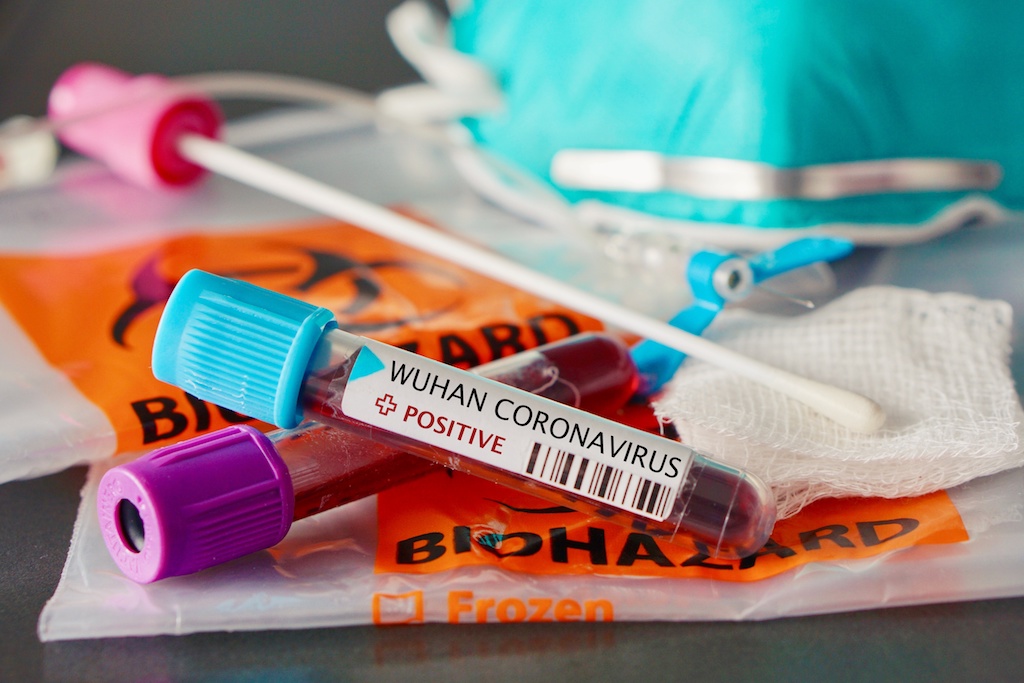Guest Post by Dr. Samer Koutoubi, M.D., Ph.D.
Program Director, Public Health, American Military University
Officials at the Centers for Disease Control and Prevention (CDC) have put K-12 schools and daycare centers on alert and asked their administrators to take key steps to prepare for a potential coronavirus outbreak. Schools have been working closely with public health officials and deciding the best measures to take, including school closures.
While closing schools will help to deter the spread of the coronavirus (COVID-19), many questions remain to be answered:
- How long should schools be closed?
- Who authorizes the closure?
- Will the school curriculum be followed and correctly applied in an online environment?
- How will the students learn in online classes?
- Will it be synchronous or asynchronous?
- Should teachers prepare to deliver curriculum content online?
- Will students’ grades and learning outcome be measured differently?
Some School Systems in Washington State Have Already Closed
The fear of coronavirus and flu has forced schools to close and have students stay home and take classes online. As a precaution, Northshore School District – a school system with over 23,000 students – has now closed all of its schools for two weeks starting March 5 due to coronavirus concerns. Three schools in this district have a small number of staff and volunteers who may have been exposed to the coronavirus and are undergoing tests.
At least 12 western Washington schools and one college had already closed for deep cleaning out of an “abundance of caution” over the coronavirus. These schools were:
- Frank Love Elementary in Bothell
- Covington Elementary in Kent
- Kentwood High School in Kent
- Bothell High School in Bothell
- Hazen High School in Renton
- Jackson High School in Mill Creek
- Cedar Park Christian in Bothell
- Lake Washington Institute of Technology in Kirkland
- Mariner High School in Mukilteo
- Discovery Elementary School in Mukilteo
- Kingston High School in Kitsap County
- Ferrucci Junior High in Puyallup
- Wildwood Elementary in Puyallup
Listen to the Podcast with Dr. Koutoubi
CDC Has Developed Special Guidelines
The CDC has developed a document called Interim Guidance for Administrators of US Childcare Programs and K-12 Schools to Plan, Prepare, and Respond to Coronavirus Disease 2019 (COVID-19). This document urges those school leaders with identified COVID-19 cases in their communities to consult with local health officials before deciding to close facilities or dismiss classes.
School Closures Have Happened Before in American History
According to the Texas Medical Association, school closures happened during the 1918-19 Spanish flu epidemic. That outbreak killed as many as 675,000 people in the United States and millions more around the world.
Schools in dozens of U.S. cities were closed for as long as four months, a tactic that researchers have generally concluded was beneficial to stemming the spread of the disease. In February 2007, the Centers for Disease Control and Prevention (CDC) published pre-pandemic mitigation guidelines that included school closures as an important social-distancing strategy.
Are Schools Prepared to Provide Online Classes?
Some schools, however, may not be prepared to handle and deliver their curriculum online. Moving from the traditional model of “brick and mortar” university to an online education is not an easy move and require a lot of planning.
Commonly, it takes years to be prepared to teach a course online. This work includes preparing faculty and students and applying the accredited relevant curriculum online using a unique learning management system (LMS).
Schools can provide computers or laptops to their students and build a curriculum that will help students to easily access classes and continue their education. Some type of Skype technology for synchronous or asynchronous education or a combination of the two can be successful.
In addition, schools should cancel all trips abroad and start preparing to offer online courses to deliver their curriculum.
Many schools may have already used online learning and systems to deliver courses but many schools also lack such technology. School leaders need to work with local authorities and develop contingency plans in the event that their districts are affected by a coronavirus outbreak.
About the Author
Dr. Samer Koutoubi earned his Ph.D. in Dietetics and Nutrition from Florida International University in 2001. He earned his M.D. degree in 1988 from Iuliu Hațieganu University of Medicine and Pharmacy in Cluj-Napoca, Romania. His research focuses on coronary heart disease among tri-ethnic groups including African-Americans, Caucasians, and Hispanics. His interest is in disease prevention and wellness, epidemiological research, cardiovascular disease and nutrition, homocysteine metabolism, lipoprotein metabolism, and cultural food and health. Dr. Koutoubi has also authored a number of articles in peer-reviewed journals and wrote a book review. He served as the Editor-in-Chief for The Internet Journal of Alternative Medicine and reviewed manuscripts for The Journal of Alternative and Complementary Medicine, Ethnicity and Disease Journal, European Journal of Clinical Nutrition, and The Journal of The National Medical Association. Dr. Koutoubi has also been quoted in national magazines and newspapers, including Natural Health Magazine, Energy Time, Well Being Journal, Northwest Prime Time, and Natural Food Merchandiser.











